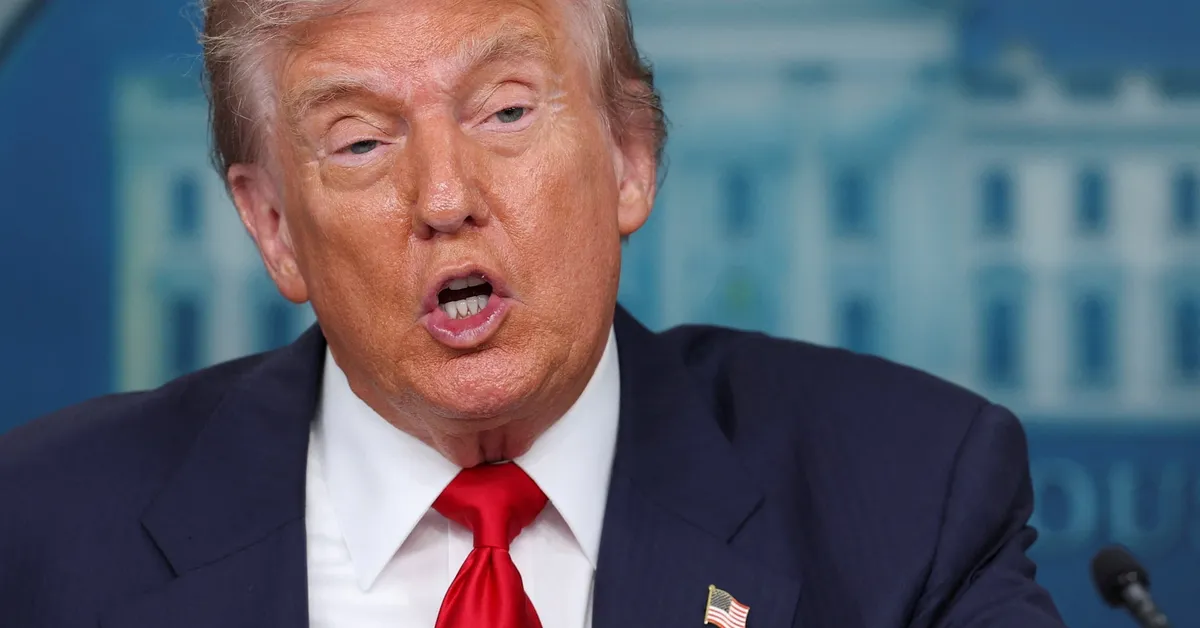
On August 13, 2023, a significant ruling emerged from a federal appeals court that has implications for U.S. foreign aid policies. The court lifted an injunction that mandated the U.S. State Department to continue disbursing foreign aid payments, marking a notable victory for President Donald Trump. This decision has stirred discussions around the administration's approach to international assistance and the legal challenges surrounding it.
The controversy began on January 20, 2023, coinciding with Trump's inauguration for a second term. On this pivotal day, Trump issued an executive order imposing a 90-day pause on all foreign aid. This move was part of a broader strategy to reform the United States Agency for International Development (USAID), which included placing a significant portion of its staff on leave and considering the integration of the agency into the State Department.
Two nonprofit organizations, the AIDS Vaccine Advocacy Coalition and the Journalism Development Network, challenged the legality of Trump's funding freeze. They argued that the executive order was unlawful, leading to a federal district court case. U.S. District Judge Amir Ali, an appointee of former President Joe Biden, sided with the plaintiffs, ordering the Trump administration to allocate nearly $2 billion in outstanding aid to humanitarian partners worldwide.
However, the recent ruling from the federal appeals court overturned this decision. Writing for the two-judge majority, Circuit Judge Karen Henderson, appointed during the Reagan administration, stated that the nonprofit groups lacked standing to pursue their claims. She emphasized that the court was not addressing whether Trump's freeze on foreign aid violated the U.S. Constitution or encroached upon Congress's spending powers. Her opinion was supported by Circuit Judge Gregory Katsas, a Trump appointee.
In contrast, Circuit Judge Florence Pan, a Biden appointee, dissented from the majority opinion. She expressed concern that her colleagues were permitting the Trump administration to bypass federal law and undermine the foundational principles of the separation of powers as outlined in the Constitution. Pan argued that the court's decision facilitated the executive branch's unlawful actions, which could lead to an accumulation of excessive authority in one branch of government.
The ruling received praise from U.S. Attorney General Pam Bondi, who asserted that the Justice Department would continue to protect the core presidential authorities against judicial overreach. This development highlights the ongoing tensions between the executive and judicial branches regarding the scope of presidential power, particularly in matters of foreign aid and international relations.
This ruling signals a pivotal moment in the ongoing discourse around U.S. foreign aid, the legal framework governing it, and the implications of executive actions on established policies. As further developments unfold, the balance of power between the branches of government will remain a critical issue to watch.